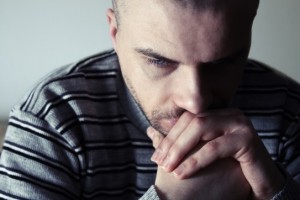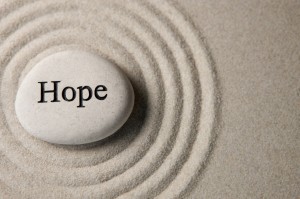Loss is something that people can really struggle with in their lives.
Bereavement is of course a major loss, and the death of someone close can be incredibly painful. It can leave a huge void that cannot be filled by another or by anything else. Grief can also apply to someone that is dying. Watching someone you love slowly die (for example through cancer) can be incredibly difficult.
Whether someone dies slowly, quickly, or whether it is predicted, or a shock, it is incredibly painful. The loss of someone we care about / love can be unbearable at times, no matter what the cause, age or reason.
It is important to remember that loss can also apply to other areas in people’s lives. The loss of a relationship can often can feel like bereavement. People can also go through the stages of grief before they begin to recover from such a loss. It could be divorce, or separation, or splitting up with a partner after a short period of time. Either way, it is incredibly painful and causes a lot of upset and difficulty for people.
Loss of relationships can also apply to friendships, or even work colleagues, or groups that people have once belonged to. It can also include family relationships. Whatever the reason / cause for a split or fall out, loss is a painful experience.
Often people think that if they have made the choice to end a relationship, then they won’t feel so much pain. But even when you make that choice, you can still feel grief, sadness, upset and often anger. Losing someone, in any capacity, is very challenging.
Beyond this, loss can come in other ways – for example people can be made redundant, or lose their job in another way. House fires can destroy homes / belongings, or burglary can mean that precious things are taken from someone.
Loss can apply to so many things. It can also apply to loss of innocence for example, if someone experiences or witnesses any kind of abuse. This can range from sexual to physical. Exposure at such a young age can mean that childhood can be lost.
Identity is another area where loss can be felt. Sometimes people can find out they were adopted, and they can then start to question who they are, where they come from etc. Or maybe there can be questions around things such as sexuality, when family / society are putting pressure on a person to be a certain way. Loss of identity, security etc is all major factors and can be very upsetting for people.
These are just some of the different examples of loss. The list is endless – loss can apply to hope, to dreams, to goals etc. It can apply to the loss of a baby – miscarriage, abortion etc. The pain that people live with after a major loss is immense. Sometimes as a result of this people can turn to destructive coping mechanisms.
People can often use alcohol, drugs, food, sex, gambling, destructive relationships or even work / exercise , as a way of managing loss. The grief / pain that comes can often feel over whelming and too much to handle. People can begin to shut down, close themselves off from the closest people to them, and stop talking. Gradually they can turn to these destructive methods to try and help them to cope / manage. The irony being that these behaviours tend to just make things a lot worse.
If you are struggling with loss here are a few things that can help you –
- Ask for help when you can – think about your life, and where you could benefit from getting help. Its ok to ask.
- Exercise – it doesn’t matter if it is walking, swimming or hitting the gym. Whatever works for you – exercise releases endorphins and combats depression and low mood
- Speak to your GP – it doesn’t mean you have to go on medication, but sometimes this can be needed and can really help
- Keep a journal of all your thoughts and feelings. Releasing these from your head can be very therapeutic
- Talk to your family and friends – share what is going on for you.
- Try not to isolate yourself
- Make some time for yourself each day. Do whatever you need to – read, meditate, watch a film – whatever works for you
- Take some pressure of yourself – you don’t have to attend everything, or say yes to everyone. Slow down.
- Remember that this won’t last forever, and things will get easier. Trusting in an end point can make things more bearable
- Try to avoid drinking alcohol as it can make you feel so much worse
- Aim to eat a healthy and balanced diet
- Try and get as much sleep as you can
- Create a memory box if it helps you. Pictures, letters, personal things – a place to remember someone special and significant
- If you have lost someone close to you (in whatever capacity ) – talk about them as much as you need too. Let your feelings and emotions out
- Seek counselling if possible – counselling can really help with loss. If we can help we will – 07590 663938 or info@yourcounsellingservice.co.uk



